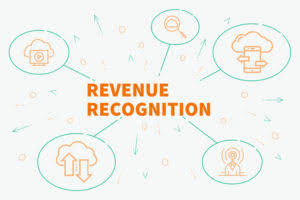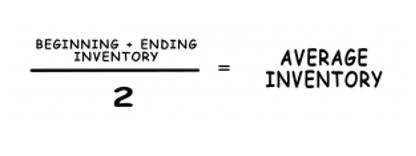
That probably means hiring a professional, but founders also need to know the basics. Even if you haven’t got a clue where to start, you’ll need to figure it out – fast. Using a manual system means recording transactions and putting accountant for startups together financial statements by hand (in books, paper, or spreadsheets). The income statement (also known as the profit and loss statement) reveals how financially successful your startup has been for a period of time.
Getting Started with Startup Accounting
Tax offices want to see that the financial position you claim to be in is real. Particularly when claiming expenses, which you’ll usually need to claim with a valid receipt. The balance sheet sets out the company’s assets and liabilities. These essentially tell you how financially healthy the business is.
Choose an accounting system

It’s essentially like taxes – the money is in your account, but it’s not really yours. Until you know how revenue comes in and expenses go out, it’s difficult to use your resources effectively. For most new businesses, back-office processes https://www.bookstime.com/ like accounting are last on the list. You figure out your products or services, pricing, payroll, and any number of other priorities before you get to financial record-keeping. Offline payments are done by receiving up-front cash or checks.
- If your startup won’t deal with inventory and only needs a simple system for recording money flowing in and out, spreadsheets will do.
- As a startup, you have to focus on your product and customers, and Kruze takes care of everything else (which is a massive sigh of relief).
- Tax laws and compliance means every private and public organization must track and record all financial transactions.
- But regular sound professional advice is invaluable and can make your business successful.
- Banks require a lot of documentation proving the business is worth the investment, and that you’ll be able to repay.
Discounted offers for SVB clients
A report called Profit and Loss is created to show a business entity’s net income or loss in that particular accounting period. The journal entries are made from documents that contain financial information, such as receipts, bills, and invoices. Finally, he said, ingests data, integrates with other software and offers embedded credit products alongside software products in an effort to serve as a “one-stop shop” for an SMB. Jack Freeman, partner at PeakSpan Capital, said his firm had been evaluating the bookkeeping automation space for “several years” prior to meeting Rodriguez. The firm also provided capital in Finally’s $10 million raise earlier this year.
The Basics of Accounting for Startups

For instance, a small business might manage their financial data with a simple accounting software like QuickBooks and their staffing with a simple scheduling software like Homebase. Each transaction — like income, expenses, credits, and deductions — has a corresponding journal entry. If you’re doing your accounts manually, you’ll need to enter these transactions into your general ledger. Taking on your startup’s finances solo is a bold move that can be incredibly rewarding. I remember when I first ventured into the realm of self-managed finances; it was daunting.

Startup business accounting can be particularly important since it’s likely that you’re operating your new business on a tight budget. But even if you’re lucky enough to have millions backing your business, your investors are going to want to know what you’re spending their money on. We are privileged to serve so many exciting, early-stage clients. As accountants and advisors to these high-growth companies, we need to share values such as innovation and kaizen – while staying true to the standards of the accounting profession. This tool can help founders estimate reasonable pay based on the amount of capital that they’ve raised, the stage of their business and their company’s industry. Our clients are saving over $25 million in payroll taxes this year due to our tax team’s R&D tax credit work.
Do accountants make good money?
Close the books 4x faster, collect over 95% of receipts on time, and get 100% visibility over company spending. Startup accounting shouldn’t take days – at least not at the beginning. And because you probably use the same suppliers over and over, you’re cutting down the vast majority of expense account work. Other employees don’t know the significance of good record-keeping. But tax authorities obviously only want to give deductions for valid expenses.